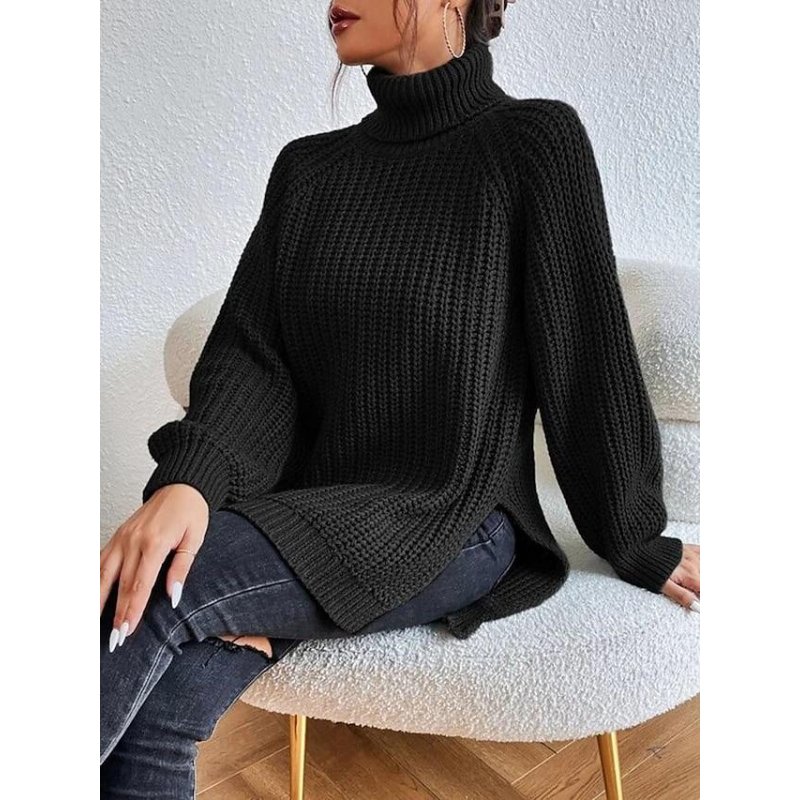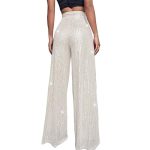Tag: Clothing, Fashion Trends, Social Impact
Fashion has always been an integral part of human history. From ancient civilizations to modern societies, clothing and fashion have played a significant role in reflecting cultural values and social status. In today’s world, the influence of fashion goes beyond just personal style choices; it has become a powerful force that shapes our society.
The clothing we wear is no longer limited to its basic function of providing protection and warmth. It has evolved into a means of self-expression and communication. In fact, many people use their outfits as a way to express their individuality and make statements about their beliefs or interests.
This phenomenon is evident in the ever-changing fashion trends that dominate our culture. With the rise of social media platforms like Instagram and TikTok, trends spread faster than ever before. Consumers are constantly bombarded with images of what’s considered “cool” or “in.” As a result, there is immense pressure to keep up with these trends and conform to societal standards.
However, fashion doesn’t only impact individuals on a personal level; it also affects entire communities and economies. The global fashion industry generates trillions of dollars each year through sales of clothing, accessories, cosmetics, etc., making it one of the largest industries in the world. This economic impact creates job opportunities for millions worldwide; from designers to factory workers.
Moreover, certain pieces or styles can hold cultural significance for different societies. Traditional garments such as kimonos in Japan or sarees in India not only represent their respective cultures but also serve as symbols for national identity.
On the flip side though,the fast-paced nature of the fashion industry comes at a cost – both socially and environmentally. Mass production often leads to unethical labor practices while excessive consumption contributes significantly to pollution levels around the globe.
In recent years however,there has been an increasing push towards sustainability and ethical fashion. Consumers are now more conscious of the impact their clothing choices have on the planet and are demanding transparency from brands. As a result, we’ve seen a rise in eco-friendly materials, fair trade practices, and slow fashion movements.
In conclusion,fashion has undoubtedly become an inseparable part of our lives. Its influence goes far beyond just what we wear; it reflects our values, impacts economies, and shapes societal norms. We must strive to strike a balance between personal expression and responsible consumption for a better future.



